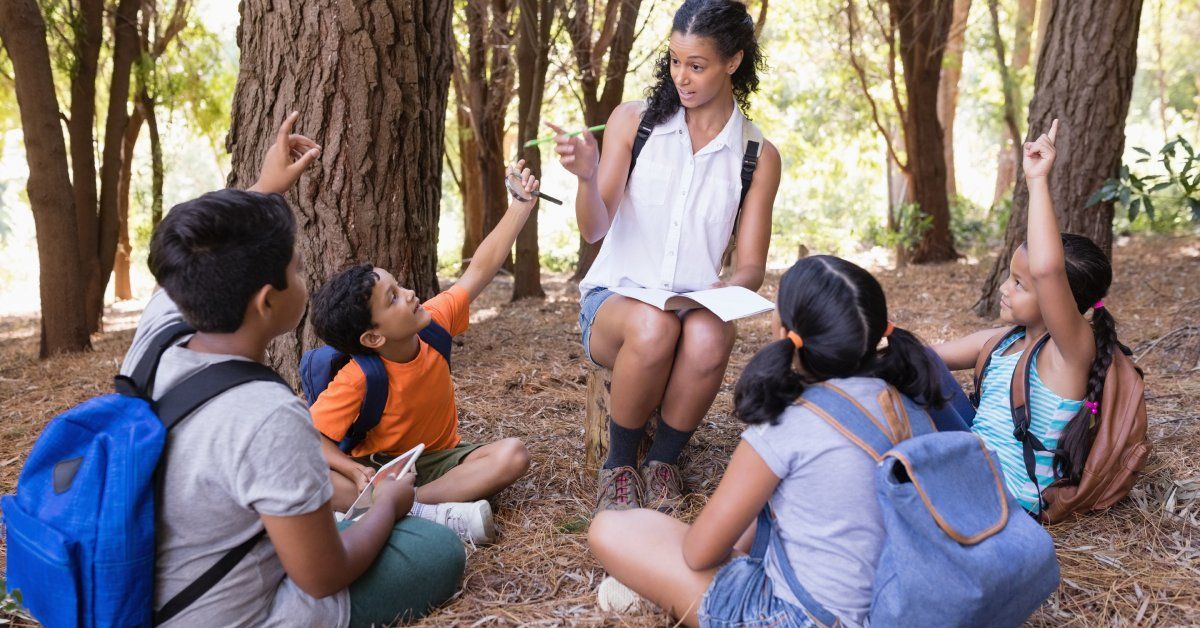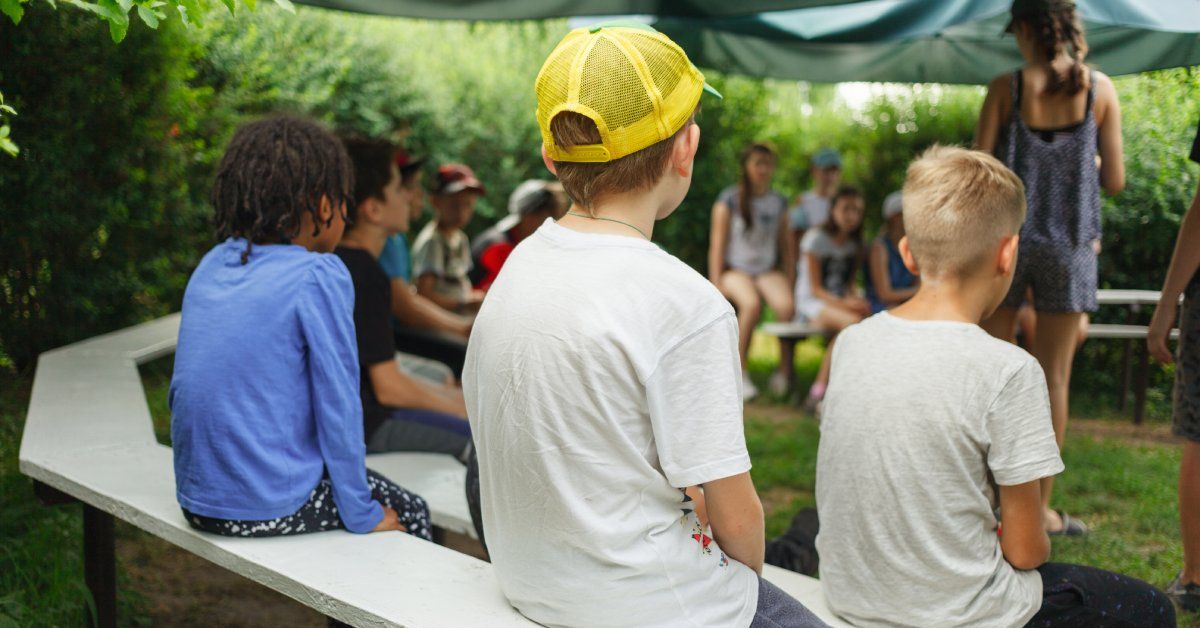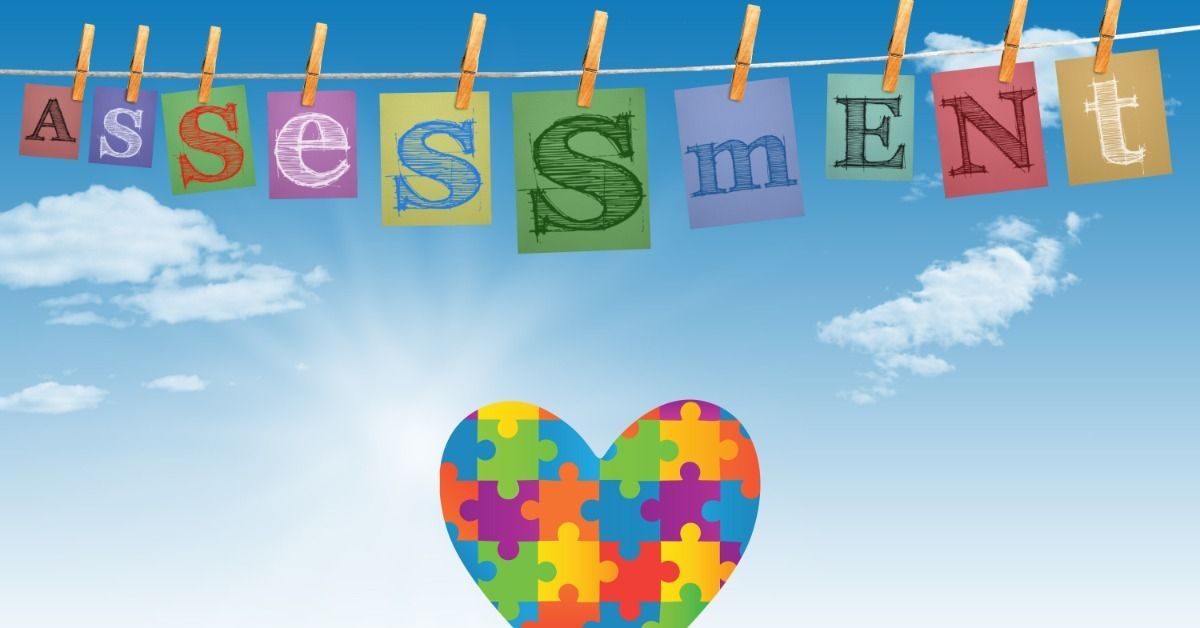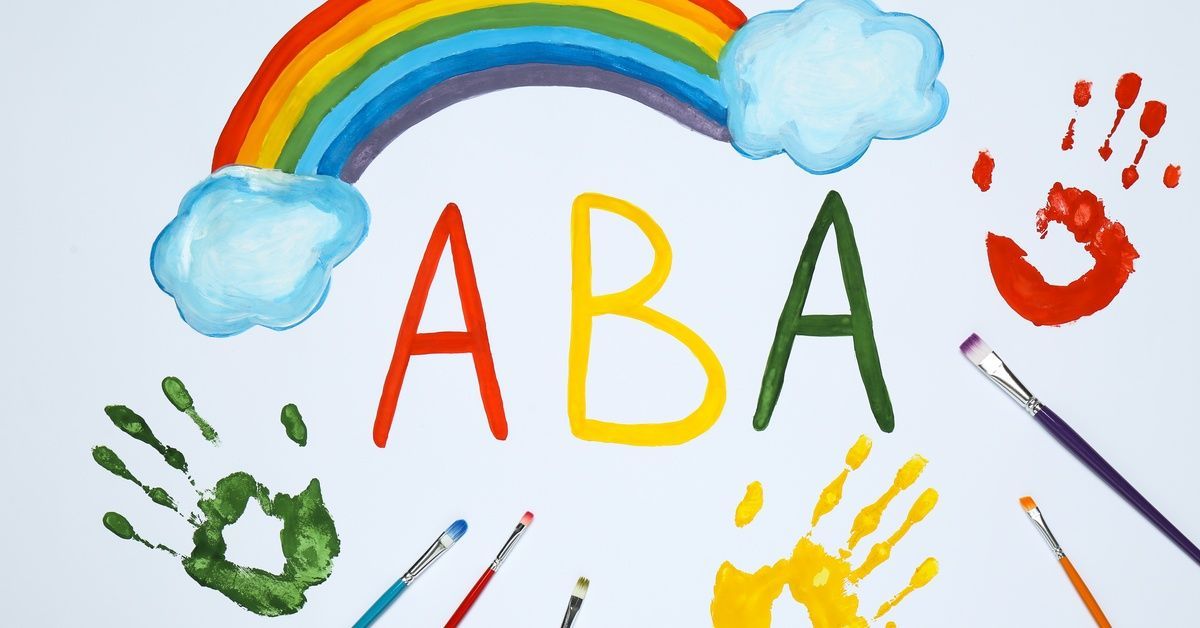Special Accommodation Questions To Ask a Summer Camp
Selecting a summer camp is an exciting opportunity for parents to provide their children with enriching experiences, personal growth, and social interactions. For parents of children with autism, however, this process often requires additional considerations. Special accommodation questions to ask at a summer camp can make all the difference in ensuring your child feels supported, understood, and truly included.
From understanding the camp’s philosophy to exploring its ability to integrate therapy goals, this post will walk you through what kinds of questions you should ask to find a camp where your child can thrive.
Understanding Your Child’s Needs Before You Ask
Before approaching a camp, reflect on your child’s unique needs and capabilities. Autism manifests differently in every child, so identifying their strengths and challenges will help you ask better questions and advocate more effectively.
Evaluate your child’s previous experiences in structured environments, such as classrooms, therapy sessions, or social activities. What worked well for them? Were there sensory difficulties, communication hurdles, or specific activities they particularly enjoyed? This self-awareness paves the way for finding camps that are a purposeful match. Remember, there’s no one-size-fits-all approach when it comes to autism support.
Your child’s therapy team, especially those providing applied behavior analysis (ABA) services, can be an incredible resource throughout this process. By sharing insights, behavior plans, or specific tools your child uses, your therapists can help you uncover accommodations or modifications that will set your child up for success.

Questions To Ask a Summer Camp Before Enrollment
Have productive conversations with camp staff by asking clear, specific questions that reveal how well the program can support your child’s individual needs.
What Is the Camp’s Approach to Inclusion?
Does the camp actively celebrate differences, or are children with varying needs grouped separately? Look for programs that demonstrate genuine efforts to engage with and include every child in a way that feels authentic. A camp with trained staff and tailored programming shows commitment to creating a positive experience for children on the autism spectrum.
What Kind of Training Do Staff Receive?
Staff training determines how successfully a camp can support your child. Ask if the staff has experience working with children on the autism spectrum and if they’re trained in areas such as sensory integration, meltdowns, or nonverbal communication. A well-prepared staff ensures your child will receive understanding, empathy, and care in every interaction.
How Do You Communicate the Daily Schedule?
You’ll want to confirm the availability of visual schedules or other supports to create a predictable environment for your child. Reliable schedules help reduce anxiety for children who thrive on structure while allowing them to feel more in control of their day. Ask if the staff is willing to adapt communication methods based on what works best for your child.
How Do You Handle Changes in Routine?
No day at summer camp will go exactly as planned. Flexibility on the camp’s part can be a lifesaver in unexpected situations. Discover what strategies they use to manage transitions and provide support for unexpected changes in routine.
What Do You Do When a Child Is Dysregulated?
For challenging moments, punitive approaches are a red flag. Camps should focus on de-escalation, calming strategies, and meeting sensory needs. Ask whether calming tools, quiet spaces, or sensory-friendly rooms are available to children during difficult times.
Is There a Behavior Plan or Support System in Place?
A personalized approach is key to effectively supporting challenging behaviors. The best camps encourage collaboration, where your child’s tailored behavior plan can be incorporated into their approach.
How Do You Accommodate Sensory Needs?
Environments with appropriate lighting, sound levels, and movement can help children with autism stay regulated throughout the day. Confirm whether noise-canceling headphones, weighted blankets, or sensory supports are welcomed and encouraged at camp.
Are There Opportunities for Breaks or Downtime?
Unstructured time or calm activities are often essential for children with autism to recharge. Camps that deliberately build downtime into the daily schedule demonstrate awareness of this need.
How Will You Communicate With Me About My Child?
Ask how the camp will keep you updated. Whether it’s daily photos, calls, or written reports, open lines of communication mean you remain an informed partner throughout your child’s camp experience.
Can I Meet the Staff Before Camp Starts?
Engage directly with caregivers before camp begins whenever possible. Meeting staff builds rapport and offers an ideal opportunity to share insights about your child’s likes, dislikes, and unique behavioral cues.

Can You Incorporate Recommendations From Our Therapy Team?
A camp that welcomes guidance from your home therapy team will go the extra mile to promote consistency and generalize your child’s growing skills across environments. Building this bridge makes camp as fun as it is rewarding.
Narrowing Down Camp Options
With so many summer camps available, start by exploring programs that explicitly welcome children with diverse needs or have experience supporting kids on the autism spectrum. Ask your therapy team or support network for recommendations—they often know of camps that align well with your child’s profile.
Once you’ve identified a few possibilities, prioritize camps based on staff training, available accommodations, and communication practices. Trust your instincts during initial conversations with camp staff; their openness and flexibility can be strong indicators of how well they’ll support your child.
Why ABA Therapy Training for Parents Matters
Parents also benefit from understanding how to advocate effectively for their child in a variety of settings. Programs offering ABA therapy training for parents equip families with the confidence and knowledge to extend their child’s success long after camp ends.
Choosing the Right Camp Is Advocacy in Action
Navigating the world of summer camps for children with autism may seem daunting, but asking special accommodation questions to a summer camp team gives you the clarity and confidence you need. By carefully reflecting on your child’s unique strengths and working collaboratively with therapy teams and camp staff, you can create a summer full of growth, joy, and fun.
At HANDS Center for Autism, our commitment to child development and parental empowerment means you never have to worry about navigating these decisions alone. Reach out to learn how our team and resources can further support your family’s needs.






